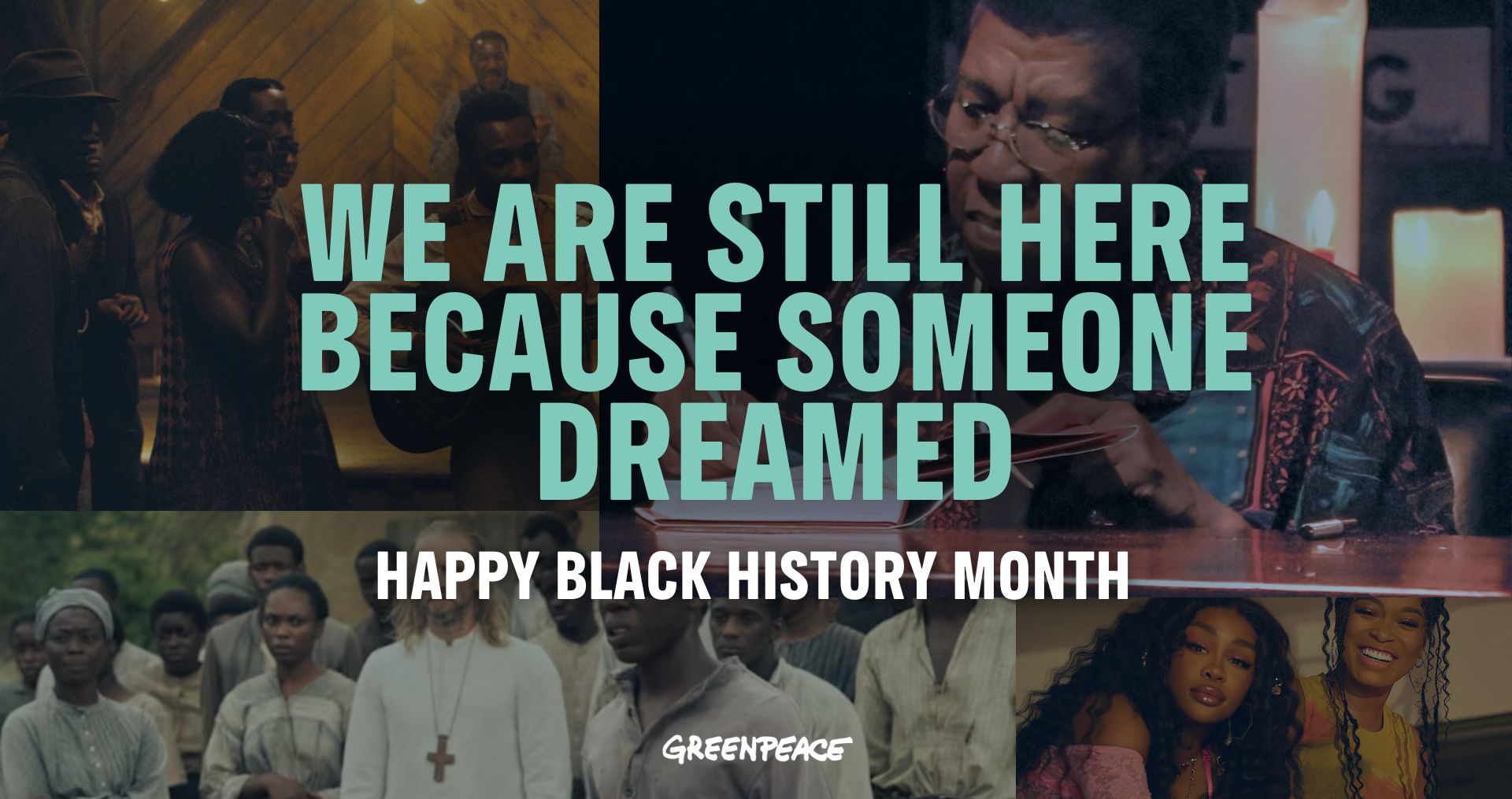In one of his first orders of business, Prime Minister Carney introduced Bill C-2, also called the Strong Borders Act. Many parts of this Bill have little or nothing to do with the border at all. And where it does, it isn’t about safety; it’s about strengthening a system of militarized control, racial profiling, and mass surveillance. Disguised as needed changes, and in a move taken straight out of a fascist playbook, this bill is a dangerous combination of anti-migrant policy and authoritarian control.
In its original form, Bill C-2 would:
- Expand the authority of the Canada Border Services Agency (CBSA)—an agency with a track record of racial profiling and in-custody deaths
- Allow the government to revoke the immigration permits of entire groups of people en masse based on things like country of origin, without any ability for individuals to appeal
- Make it easier to detain and deport migrants and refugees without fair process
- Increase surveillance of individuals by security services with little oversight
- Undermine asylum rights and Canada’s international human rights commitments
But the Bill was opposed across the political spectrum and had over 300 civil society organizations unified in opposition to this sweeping legislation. In response to the overwhelming backlash, instead of backing down, the Liberals announced they still plan to try to push through this Bill by breaking it into smaller pieces. It’s nothing but repackaging the same material.
According to privacy expert, Michael Geist, Bill C-2: “this ultimately seems like the government was looking to move quickly to get border rules passed under the auspices of a “crisis” with the United States and appended the lawful access rules in the hope that it would be rushed through without careful study before anyone noticed. That would explain the poor drafting, the lack of evidence for the changes, the limited references to lawful access when the bill was introduced, and the shameful Ministry of Justice Charter statement that made a mockery of a process that is supposedly there to provide assurances about Charter compliance.”
Let’s break down the biggest issues with Bill C-2 (now broken down into C-2 and C-12), and Bill C-8 and Bill C-9. All three Bills are being considered by the Federal government and pose serious concern to human rights, constitutional rights and privacy rights.
Bill C-12
An Act respecting certain measures relating to the security of Canada’s borders and the integrity of the Canadian immigration system and respecting other related security measures
According to the Minister of Public Safety, the purpose of the Bill is to “to strengthen immigration and border security, protect Canadians, and keep our communities safe.” The Bill alleges to do this by empowering law enforcement and tightening the rules for asylum seekers and immigration applications.
Instead, in reality the new Bill C-12 repackages Bill C-2 “leaving intact the measures to block refugee hearings, impose arbitrary retroactive one-year bars, and grant ministers mass immigration status-cancellation powers.” This would allow the government to cancel en masse people’s immigration applications and even cancel visas or permanent residence cards of people already in the country.
On top of this the Bill retains an enforcement-first approach to drug policy, ignoring decades of evidence showing that criminalization and prohibition are driving the current toxic unregulated drug crisis. “Bill C-12’s accelerated scheduling will trigger faster illegal drug market innovations, making Canada’s already-lethal unregulated drug supply even more volatile,” said Nick Boyce of the Canadian Drug Policy Coalition. “This legislation will make the toxic unregulated drug crisis worse while wasting resources that should go to the things we need, like housing, healthcare, and harm reduction.”
Bill C-2
An Act respecting certain measures relating to the security of the border between Canada and the United States and respecting other related security measures
Despite overwhelming opposition from across Canada, the federal government remains firmly committed to passing Bill C-2. The Bill’s remaining provisions would provide the government, police, and security services with an incredible ability to access Canadians’ private information without prior judicial authorization.
One of the most egregious examples of authoritarian control in Bill C-2 is the ability of peace officers and public officers to make “information demands”. With this power, “persons who provide services to the public” (a ridiculously broad category that includes everyone from bakers to healthcare providers) can be ordered to provide officers with a wide array of information about the people to whom they provide services. Service providers could be required to comply in as little as 24 hours, and they could be prohibited from disclosing the existence of the information demands for as long as a year after the demand is made. If an officer makes an information demand, the service provider has only five days to apply in writing to a judge to revoke or vary that demand. Even then, the service provider can only make that application for review if, before the information must be provided, they gave notice to the officer who made the demand of their intention to make the application for review. These requirements provide service providers with precious little time to challenge these information demands, let alone to comply with them.
To make matters worse, the only requirements to make an information demand is that the officer has “reasonable grounds to suspect” that any offence has been or will be committed under any Act of Parliament, and that the information they demand will assist in the investigation of that offence. “Reasonable grounds to suspect” is an incredibly low burden to meet–much lower than “reasonable grounds to believe”. Officers can thus make information demands even where they have nothing beyond a mere suspicion that an offence might be committed.
Bill C-2 would also introduce the Supporting Authorized Access to Information Act, which allows the government to order electronic service providers to facilitate access to information for “authorized persons” (persons authorized under the Criminal Code or the Canadian Security Intelligence Service Act to access information). The Minister of Public Safety could order an electronic service provider to extract and organize information and provide access to such information to authorized persons; and to install and use any devices that may enable an authorized person to access information.The government could thus order electronic service providers to not only provide Canadians’ private information to police and security services, but to install “backdoor” devices that will provide continuing access to such information.
Although electronic service providers are not required to comply with orders if complying would require them to introduce a “systemic vulnerability”, the meaning of “systemic vulnerability” is undefined in the Act and left open to definition in a future regulation. The “systemic vulnerability” exception will thus not likely be an effective protection against invasions of privacy. As a further element of concern, an electronic service provider cannot disclose the information contained in an order, the information on which the Minister of Public Safety relied in making the order, or even the fact that they are subject to an order. If electronic service providers disclose any of that information, they may be required to pay a hefty fine.
These are only two examples of the many ways in which the federal government is seeking to increase its surveillance powers through Bill C-2. We thus strongly urge the federal government to withdraw Bill C-2 in the interests of protecting Canadians’ constitutional right to privacy.
Bill C-8
An Act respecting cyber security, amending the Telecommunications Act and making consequential amendments to other Acts
If enacted, Bill C-8 would:
- Amend the Telecommunications Act, to expand federal oversight of telecommunications networks in the interest of national security; and
- Enact the Critical Cyber Systems Protection Act (“CCSPA”), introducing mandatory cybersecurity obligations for operators of vital services and systems.
This piece of legislation would give the Minister powers to break encryption security and install backdoors into Canada’s networks for surveillance purposes. This means that the government could surveil all your online activities from banking to personal communications. Canadian privacy and intelligence watchdogs warned in testimony that, if passed, the bill would authorize warrantless seizure of sensitive private information; and collect and share communications, metadata, locational and financial data.
Without privacy safeguards, civil society is urging the federal government to amend the Bill to prohibit the government from issuing orders that could compromise the security of telecommunications facilities and services. Their call follows a series of warnings from cybersecurity experts in Canada and the US about the risks that a failure to address this matter would pose to Canada’s economy, and to the fundamental right to privacy of people across Canada.
Bill C-9
Combatting Hate Act, An Act to amend the Criminal Code (hate propaganda, hate crime and access to religious or cultural places)
While Greenpeace Canada agrees that people in Canada should be protected from hate-based incidents, Bill C-9 criminalizes protest, dissent, free expression and assembly in a clear violation of charter rights.
The new provisions in the Bill outlaws the display of certain symbols giving law enforcement and the government broad discretionary power on what those symbols would be. The new provisions would allow police to detain people first, ask questions later during protests and other gatherings, further undermining freedom of assembly and free expression— giving police more discretion overall. It would also include “bubble” laws prohibiting protest in proximity to certain places which are already protected under the law and allow the police to act on the basis of mischief, intimidation, harassment, or threats. Bill C-9’s intimidation and obstruction offences are overly broad, vague, and pose the risk of criminalizing peaceful protests.
According to the ICLMG, the proposed new offences would carry significant penalties, including the threat of jail time, and will result in people who would ordinarily take action to speak out on important social issues refraining from doing so under the fear of being trapped in the dragnet of additional, unclear and broad discretionary powers. If that is not the government’s intent, we urge it to withdraw this bill in favour of approaches that both protect vulnerable communities and ensure the protection of Charter rights and civil liberties in Canada.
What does this mean and what can you do?
These Bills taken together is a serious issue. They jeopardize the rights, privacy and livelihood of citizens and non-citizens alike, and severely undermine our constitutionally protected rights. These restrictive laws are reflective of a more authoritarian regime and should be questioned, challenged and pushed back against. While many civil society groups are sounding the alarm on these terrifying new laws, here are some steps you can take:
- Sign our petition
- Write to your MP, Internet Service Provider, Privacy Commissioner of Canada, and Intelligence Commissioner of Canada
- Take action with civil liberty groups like ICLMG or Citizen Lab
- Take action with migrant rights groups like Migrant Rights Network or Canadian Council for Refugees



